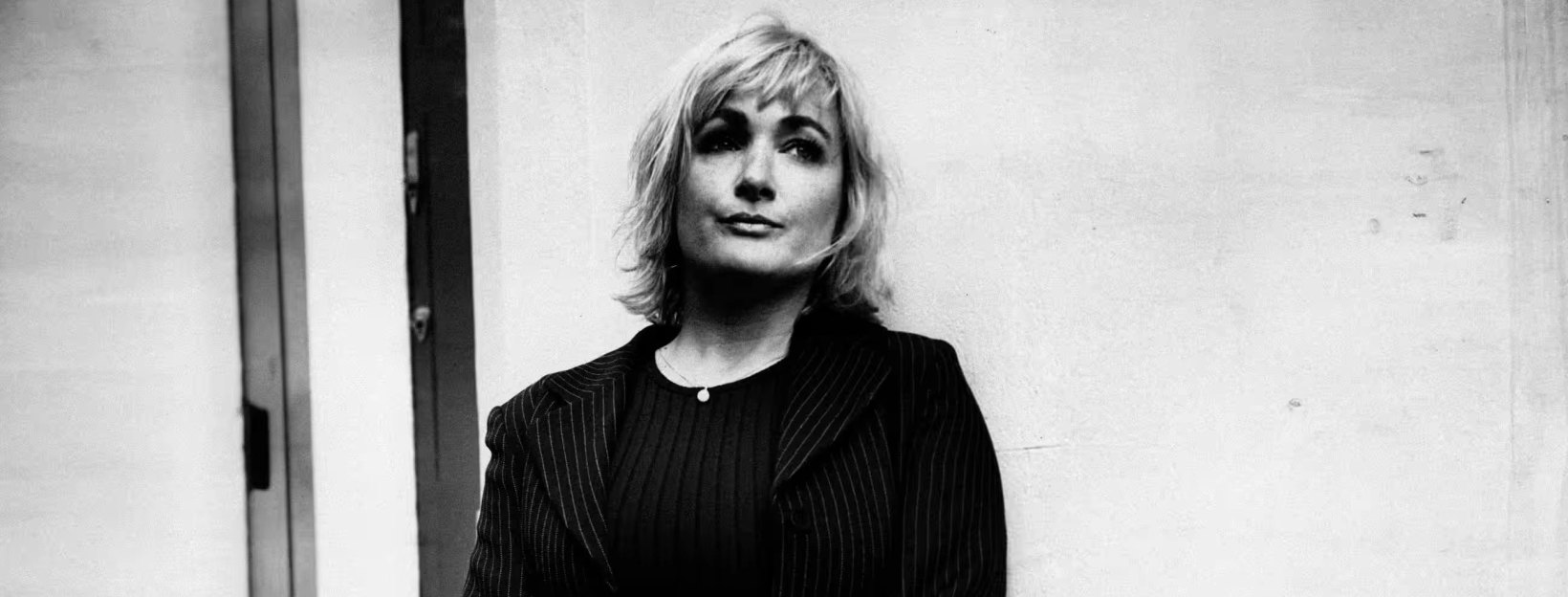
For my family, Christmas means television. As far as I know, we have never owned Monopoly, and the idea of playing charades is quite frankly laughable. The Royle Family Christmas specials were a staple of our Christmas TV schedule for many years.

For my family, Christmas means television. As far as I know, we have never owned Monopoly, and the idea of playing charades is quite frankly laughable. The Royle Family Christmas specials were a staple of our Christmas TV schedule for many years.
This article explores how white working-class women are figured as the constitutive limit – in proximity – to national public morality. It is argued that four processes: increased ambivalence generated by the reworking of moral boundaries; new forms of neo-liberal governance in which the use of culture is seen as a form of personal responsibility by which new race relations are formed; new ways of investing in one’s self as a way of generating exchange-value via affects and display; and the shift to compulsory individuality are reshaping class relations via the making of the self. By showing and telling themselves in public white working-class women are forced to display their ‘lack’ of moral value according to the symbolic values generated by the above processes. It is a no-win situation for them unless we shift our perspective from exchange-value to use-value.
This article examines the BBC sitcom Alma's Not Normal and its representation of white working-class femininities in/on British TV comedy. After The Royle Family creator Caroline Aherne's death in July 2017, the BBC created a bursary in memory of the comedy star, awarding £5,000 to the successful applicant to develop a pilot comedy script. Though open to people of all backgrounds and genders, the three winners so far have been working-class women – Sophie Willan, Amy Gledhill and Kiri Pritchard-McLean – an important shift from the recent success of female-fronted and female-authored middle-class comedies on the BBC such as Miranda and Fleabag. This article examines the award's first winner: Boltonian Sophie Willan and her series Alma's Not Normal. While Phil Wickham argues that contemporary working-class sitcoms in Britain display the ‘hidden injuries of class’, something that is felt but no longer acknowledged, I contend that Willan exposes class wounds by explicitly referencing and drawing attention to social issues in her TV series. More specifically, I argue that, as a working-class woman in the North West, Willan uses comedy to interrogate the intersections of class and gender. This textual analysis will then be used as a framework to conceptualise the labour of working-class women in British television comedy, mainly because class has been overlooked as a social category in contemporary scholarship on feminism and humour.